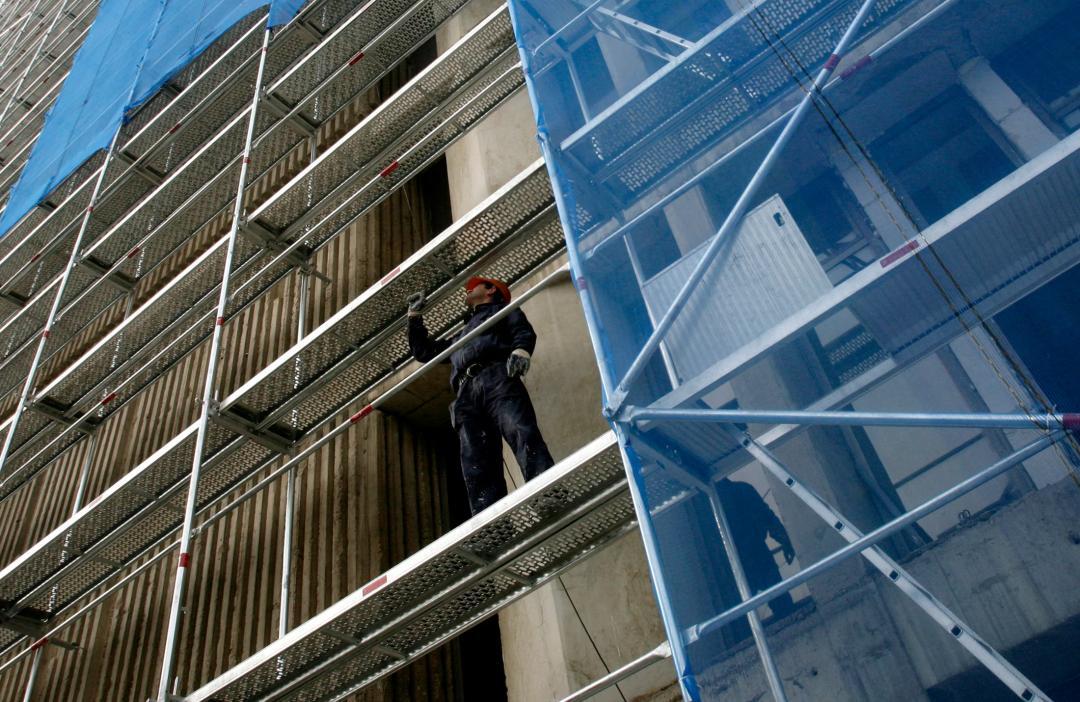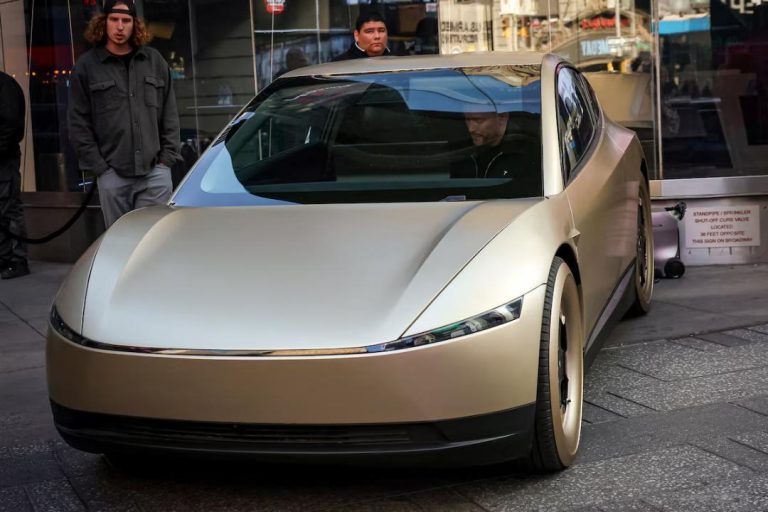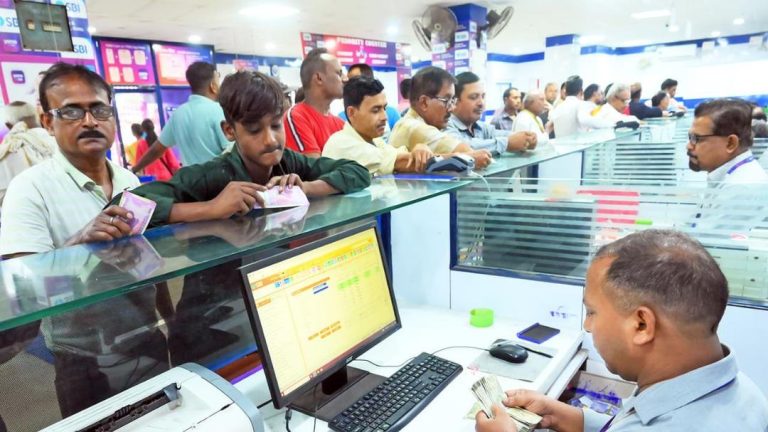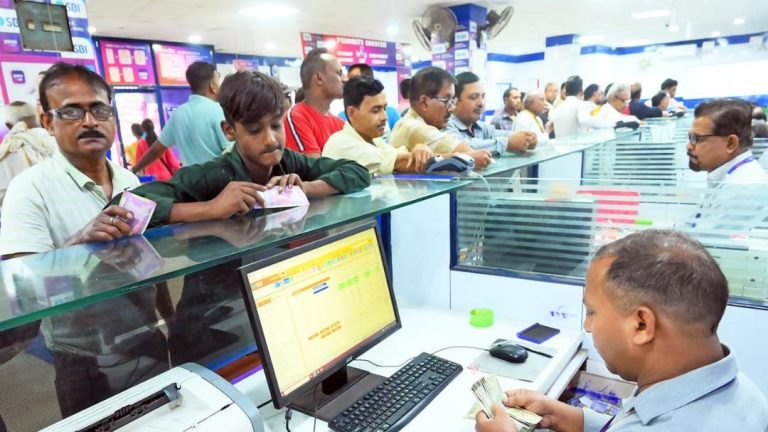
IIT Making Glass to Keep Buildings Cool in Summer & Warm in Winter
As we all know, maintaining a comfortable indoor temperature is a major concern for building owners and occupants, especially during extreme weather conditions. In an effort to address this issue, researchers at the Indian Institute of Technology (IIT), Indore, have been working on a revolutionary new technology that could change the way we regulate light and heat in buildings. This innovative solution is a “smart glass” that can change color and transparency with the application of a small electric current, allowing it to block sunlight and heat when needed, or let it in when it’s cooler.
The smart glass, developed using a special porous organic polymer, is designed to be an electronic curtain glass that can regulate light and heat. This technology has the potential to make buildings more eco-friendly and energy-efficient, as it reduces the need for artificial lighting and heating or cooling systems. According to IIT officials, the smart glass can change its properties in real-time, allowing it to adapt to different environmental conditions.
Imagine being able to control the amount of sunlight that enters a building, not just by adjusting blinds or curtains, but by actually changing the properties of the glass itself. This is the kind of innovation that the smart glass technology offers. By applying a small electric current, the glass can shift from transparent to opaque, or change its color to block out certain wavelengths of light. This means that during the summer months, the glass can block out the intense sunlight and heat, keeping the building cool and comfortable. Conversely, during the winter months, the glass can be made transparent to let in natural light and warmth.
The potential applications of this technology are vast and varied. For example, smart glass could be used in buildings, offices, and homes to reduce energy consumption and improve indoor air quality. It could also be used in vehicles, such as cars and airplanes, to regulate temperature and light. Additionally, the technology could be used in medical applications, such as in hospitals and medical centers, to create specialized lighting conditions for patients.
The development of smart glass is a significant achievement for the researchers at IIT, Indore, and it highlights the importance of innovation and research in the field of materials science. The porous organic polymer used in the smart glass is a unique material that has been designed to have specific properties, allowing it to change its shape and structure in response to electrical stimuli.
While the technology is still in its early stages, the potential benefits are clear. By reducing the need for artificial lighting and heating or cooling systems, smart glass could help to reduce energy consumption and greenhouse gas emissions. Additionally, the technology could help to improve indoor air quality and reduce the risk of heat-related illnesses.
In conclusion, the development of smart glass by IIT, Indore, is an exciting innovation that has the potential to revolutionize the way we think about building design and energy efficiency. The technology’s ability to regulate light and heat in real-time, using a small electric current, is a game-changer for building owners and occupants. As the technology continues to evolve, it will be exciting to see the many ways in which it is applied and the positive impact it has on our environment.
Source:
https://repository.inshorts.com/articles/en/PTI/319121e5-f2f2-4d36-b9bd-364925f8a154






